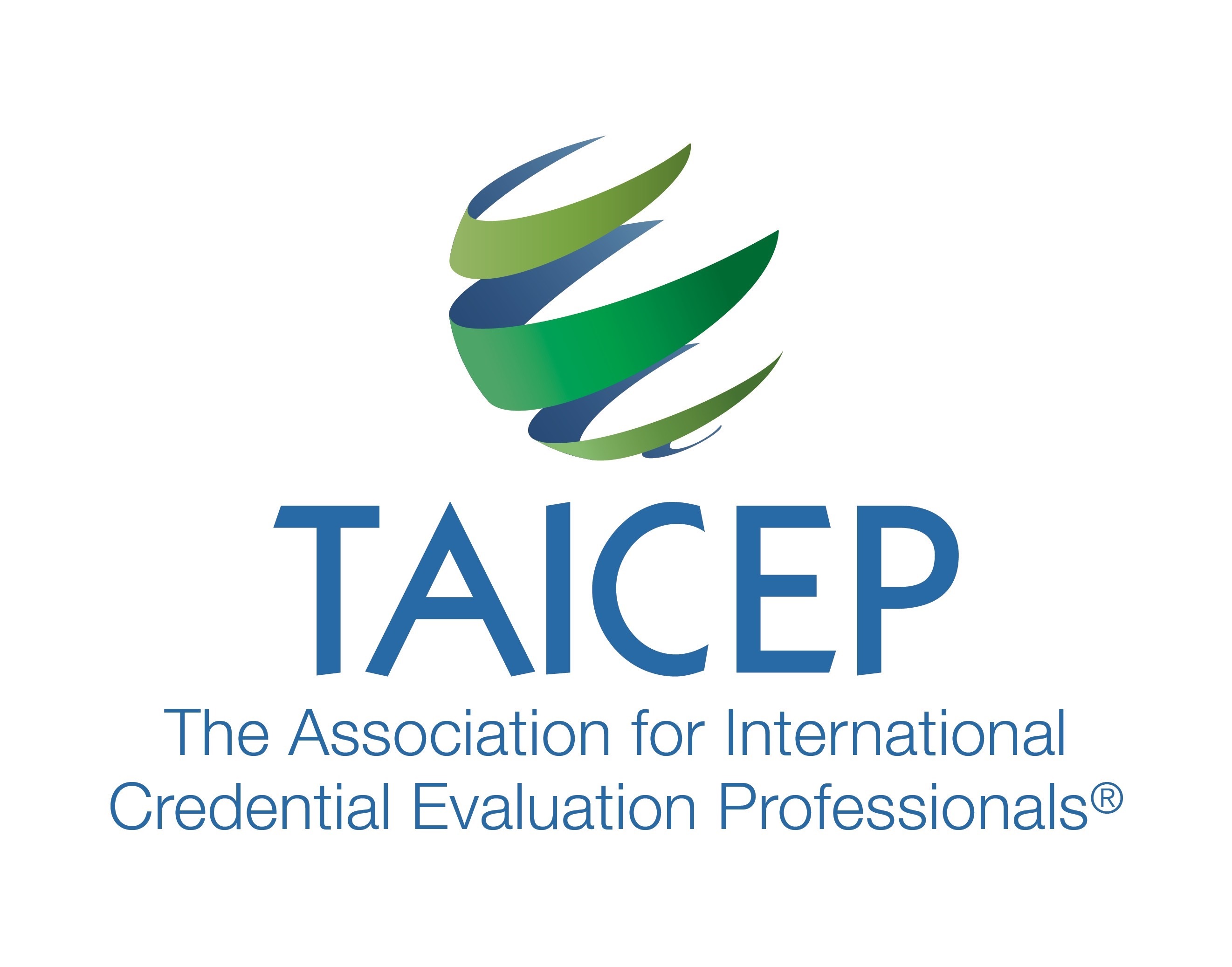Contributed by ENIC-NARIC Sweden
For many immigrants, obtaining a recognition statement of their various qualifications opens the door to the Swedish labour market. It also contributes to Sweden’s future skills supply. The Swedish Council for Higher Education (UHR) has recently published a final report summarising the results from a comprehensive study investigating the labour market integration of immigrants who have received an assessment of their foreign qualifications.
UHR’s study shows that a recognition statement appears to give an advantage for those who have one, compared to those without. This is the case both when they enter the labour market and in terms of skills matching. This was true in the short term as well as the long term for all three levels of education which UHR issues statements for. Regardless of level of education, women have a greater chance than men of entering the labour market and being skills matched if they have a recognition statement, even if it was helpful for both men and women to have received an assessment.
Although a recognition statement appears to have positive effects on entry to the labour market and skills matching, many are overqualified for their jobs – only 42 percent were in qualified employment eight years after receiving their recognition statement. However, this should be compared to the 27 percent of those without recognition statements had qualified employment at that time.
According to UHR’s survey, some individuals have pursued retraining for jobs experiencing labor shortages instead of seeking employment that aligns with their foreign qualifications. These groups have primarily retrained to be guaranteed employment. Retraining could be viewed as an unused resource and an extra cost for Sweden, but it contributes to covering the need for labour in cases where people start working in shortage occupations. Even though employers rank the Swedish language as the most important aspect when hiring a person with a foreign qualification, UHR’s study demonstrated that aspects related to education and thus the recognition statement came a close second. This was mainly related to the level of education and area of study, combined with an assurance of the authenticity of the documents.
These aspects increase employer confidence when hiring. Employers mainly use the statement at the beginning of the recruitment process, and the statement can be decisive in whether a person is called to a job interview or not.
Employers had the greatest confidence in education from the Nordic countries and the EU, and the least for education from Africa, followed by Latin America and the Middle East. At the same time they have a great deal of confidence in the recognition statement from UHR and the hope is that this will help reduce discrimination in the labour market.
Most people with a foreign higher education qualification stated the importance of being able to use their foreign qualification when working in Sweden. Their reasons vary and are complex, but largely relate to the segment of the labour market they think they belong to. They express a professional identity and professional pride, but they also link the recognition of their education and qualified employment to their self-esteem and being accepted in Sweden. They say that it would be a waste of resources if they did not work in their field of education or in a position that requires higher education. Additionally, these people feel that they themselves gained a certain value through the recognition of their qualifications. It is important to them to receive some form of confirmation from Sweden, to know that the education to which they dedicated years, and in many cases also paid for, is appreciated and useful in the Swedish society. Due to the value they feel they received when their qualifications were recognised, the recognition statement became a step on the ladder in their social integration process.
The study shows that recognition statements contribute to integration in the labour market, to an individual sense of belonging and to the future supply of skills. There is no explicit link between the statement and entry to the labour market, but the overall conclusion is clear: the statement is an important and useful instrument and an important piece of the puzzle in the wider context of integration and skills supply.
The study approach and results were presented at TAICEP 8th annual conference in Glasgow together with the Norwegian Direktoratet for høyere utdanning og kompetanse (HK-dir) that had carried out a similar study.
For more information about the study please visit: report2023_7_eng—integration-in-the-labour-market.pdf (uhr.se) (in English) or Integrationsprojekt – Universitets- och högskolerådet (UHR) (more detailed information in Swedish).
ENIC-NARIC Sweden
Full Edition:
